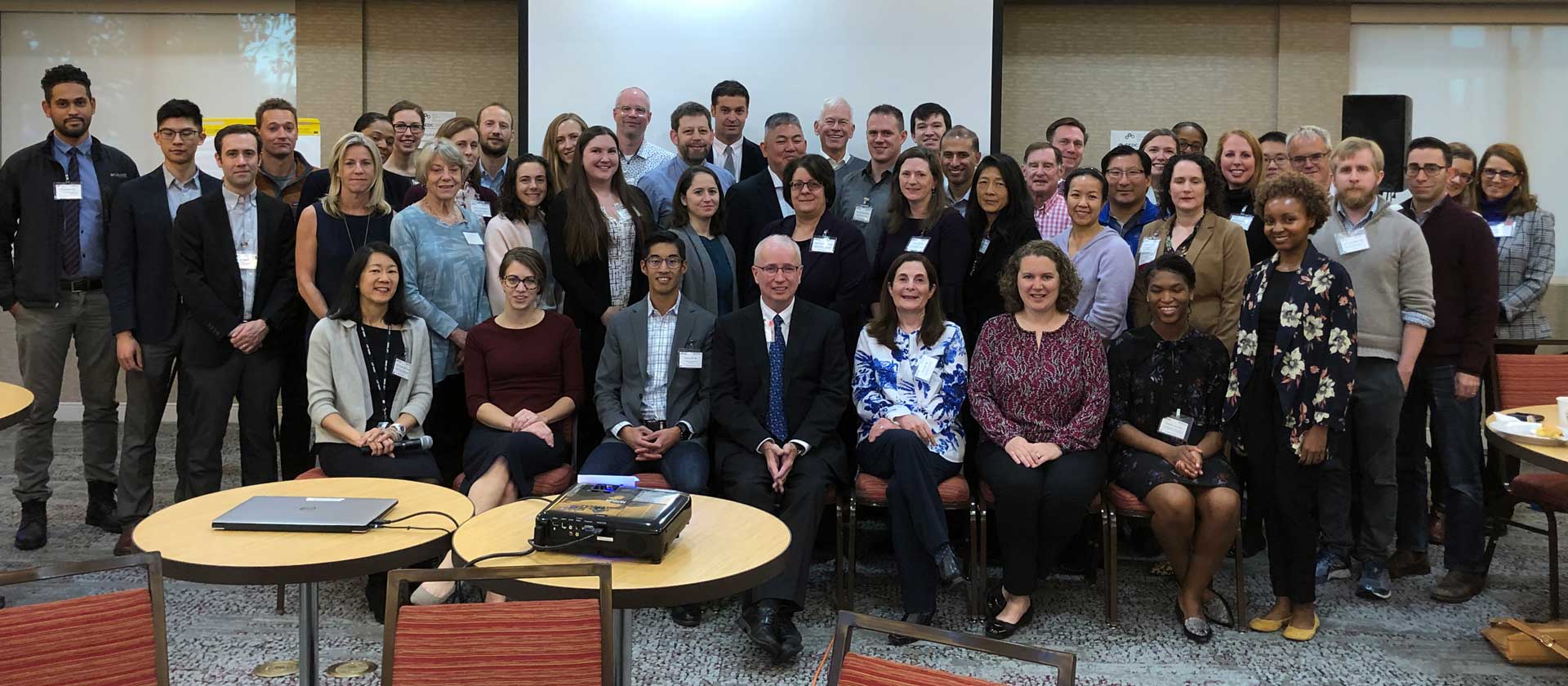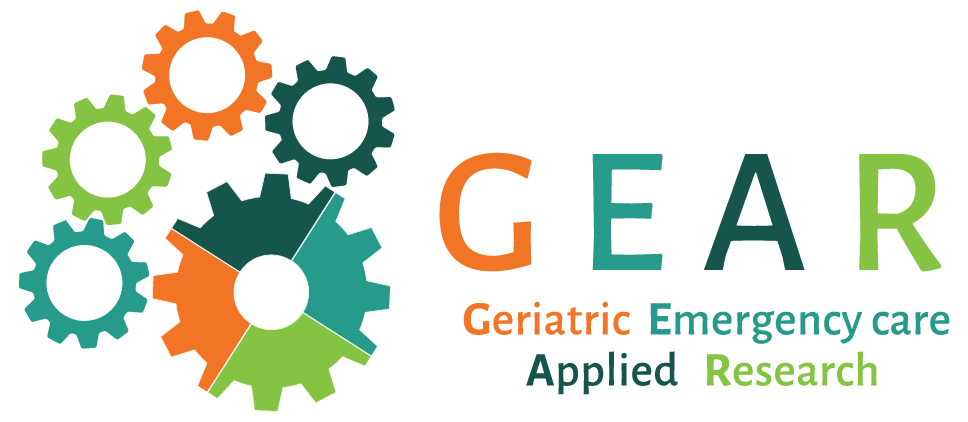About the GEAR Network
GEAR Mission
Through research, the mission of the Geriatric Emergency care Applied Research (GEAR) network is to generate evidence to improve the emergency care of older adults and those with dementia and other cognitive impairments.
Why GEAR?
With an aging U.S. population, there is an increasing demand for optimal, interactive care for older adults across emergency departments (EDs), hospitals, and health systems. Older adults use the emergency department (ED) as an important source of acute medical care, making 20 million visits annually. Yet, the amount of strong evidence resulting in improved outcomes in geriatric emergency care is limited. People with dementia are twice as likely to use the ED and 1.5 times more likely to have an avoidable visit. When in the ED, they often struggle and are at greater risk of poor outcomes; however, little research has studied how to improve emergency clinical care for people with dementia. To address this gap, we must: 1) identify areas for improvement of emergency care for older people, including those with dementia and 2) develop and test strategies to improve the care delivered to this vulnerable population.
The need for research in geriatric emergency medicine (GEM) was acknowledged early on by Lowell Gerson, PhD, who observed the disproportionate use of emergency departments by older persons and, with others, formed the Society for Academic Emergency Medicine Geriatric Emergency Medicine Task Force. Dr. Gerson’s work and mentorship has led to several developments, including the establishment of clinical guidelines and accreditation processes for geriatric emergency departments. The Geriatric Emergency Care Applied Research Network (GEAR), which aims to establish infrastructure to support collaborative, interdisciplinary research to improve care for older adults, is yet another result of that work.

